In today’s fast-paced world, staying sharp and maintaining focus is essential. Whether you’re tackling work deadlines, studying for exams, or managing a busy lifestyle, you’ve likely considered options to boost your mental clarity and energy. Two popular choices are nootropics and caffeine. While both can enhance your cognitive performance, they work differently and have unique benefits and drawbacks.
This guide will compare nootropics and caffeine in terms of their effects, benefits, and potential risks, helping you decide which is better for your needs. Additionally, we’ll highlight some highly rated products available on Amazon to help you make an informed choice.
What Are Nootropics?
Nootropics, often called “smart drugs” or “cognitive enhancers,” are substances that aim to improve brain function. They can enhance memory, focus, creativity, and overall mental performance. Nootropics come in many forms, including natural supplements, synthetic compounds, and prescription medications.
This post may contain affiliate links. If you click on one and make a purchase, I may earn a small commission at no additional cost to you. All opinions expressed are my own.
Common Types of Nootropics
- Natural Nootropics: Derived from herbs, plants, and other natural sources. Examples include Ginkgo Biloba, Bacopa Monnieri, and Rhodiola Rosea.
- Synthetic Nootropics: Laboratory-made compounds like Piracetam and Modafinil.
- Nutraceuticals: Supplements containing vitamins, minerals, and other brain-boosting ingredients, such as L-Theanine and Omega-3 fatty acids.
How Nootropics Work
Nootropics work by:
- Increasing blood flow to the brain.
- Enhancing neurotransmitter activity.
- Supporting neurogenesis and protecting brain cells.
Recommended Products
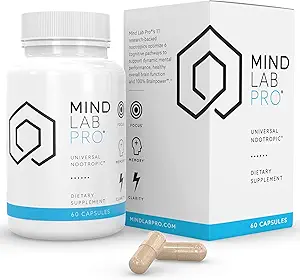
- Mind Lab Pro Universal Nootropic :(Available on Amazon): A popular all-in-one nootropic that combines 11 natural ingredients to support memory, focus, and brain health.
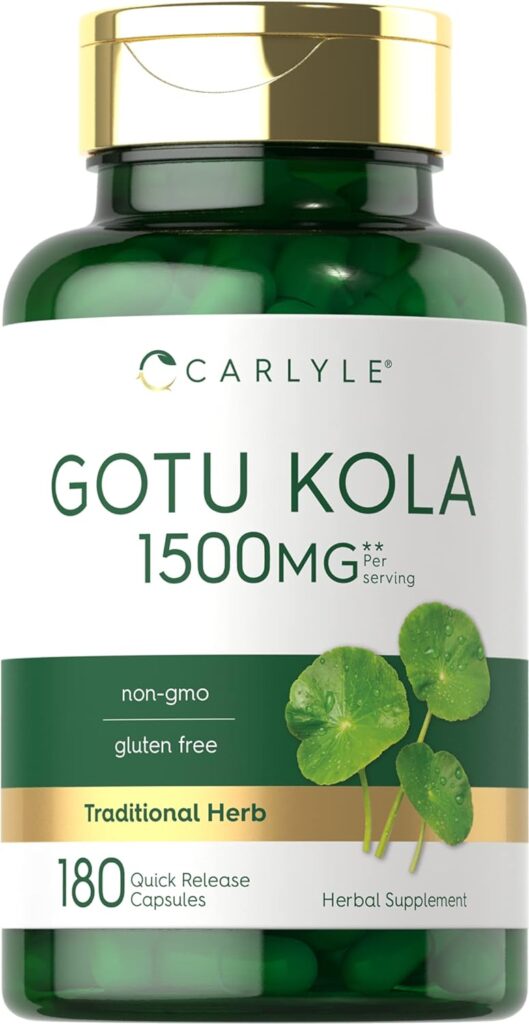
- Bacopa Monnieri Extract Capsules: Known for its ability to improve memory and reduce stress.
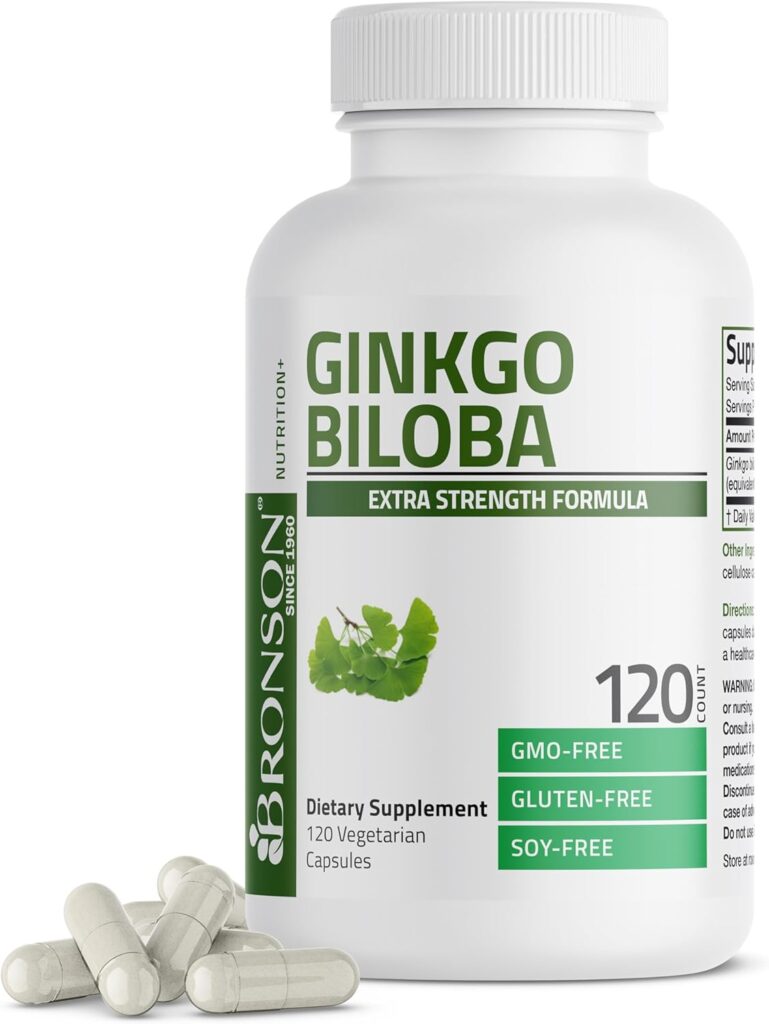
- Ginkgo Biloba Supplement: Enhances circulation to the brain and boosts cognitive performance.
What Is Caffeine?
Caffeine is a natural stimulant most commonly found in coffee, tea, and energy drinks. It’s also a key ingredient in many over-the-counter energy supplements and workout products. Caffeine is well-known for its ability to increase alertness and ward off fatigue.
How Caffeine Works
Caffeine blocks adenosine, a neurotransmitter responsible for making you feel tired. By doing so, it keeps you awake and boosts the release of dopamine and norepinephrine, which enhance focus and mood.
Common Sources of Caffeine
- Coffee
- Tea
- Energy drinks
- Caffeine pills
Recommended Products
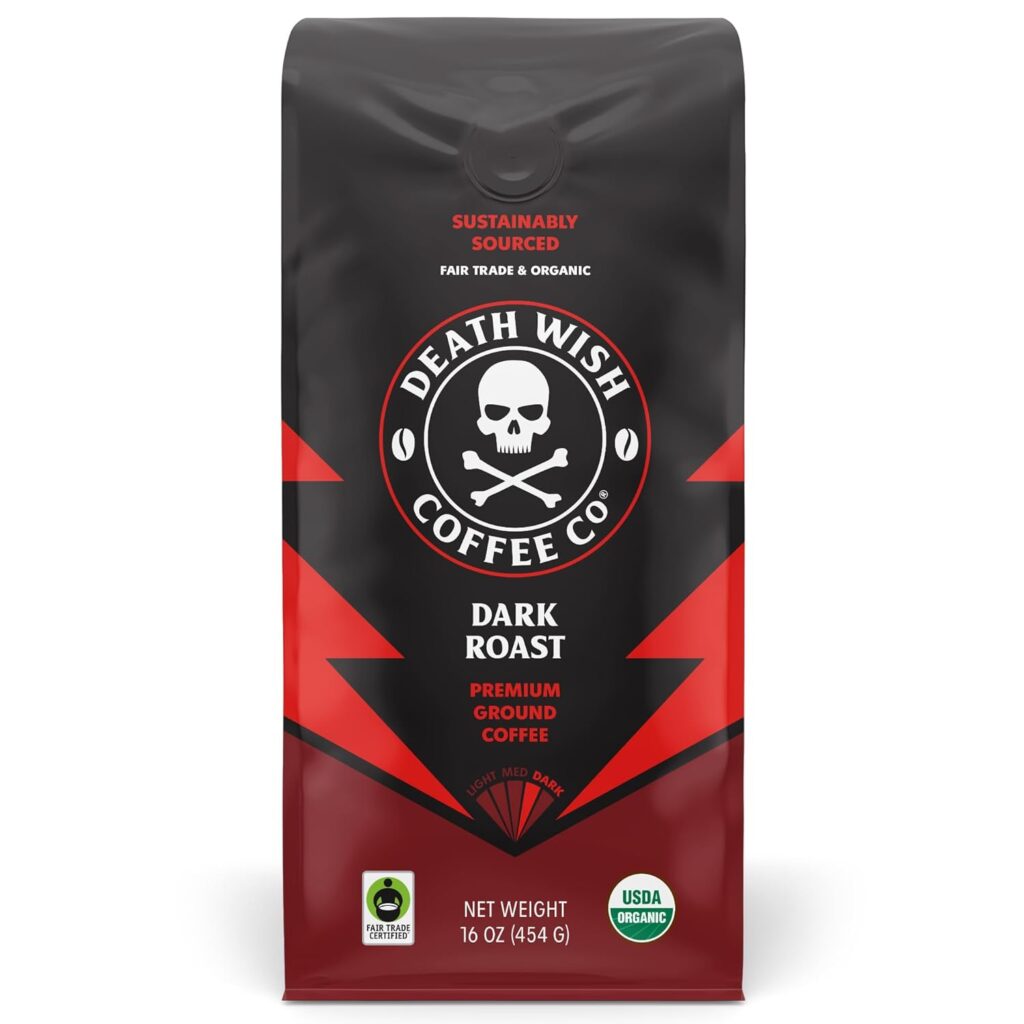
- Death Wish Coffee :(Available on Amazon): Marketed as the world’s strongest coffee, perfect for those who need a significant caffeine boost.
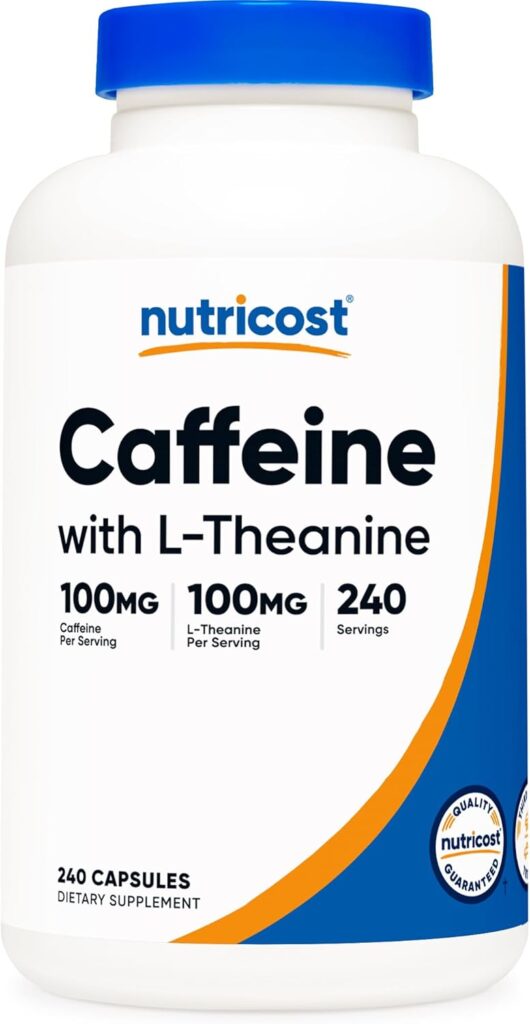
- L-Theanine and Caffeine Capsules: Combines caffeine with L-Theanine for sustained energy without the jitters.
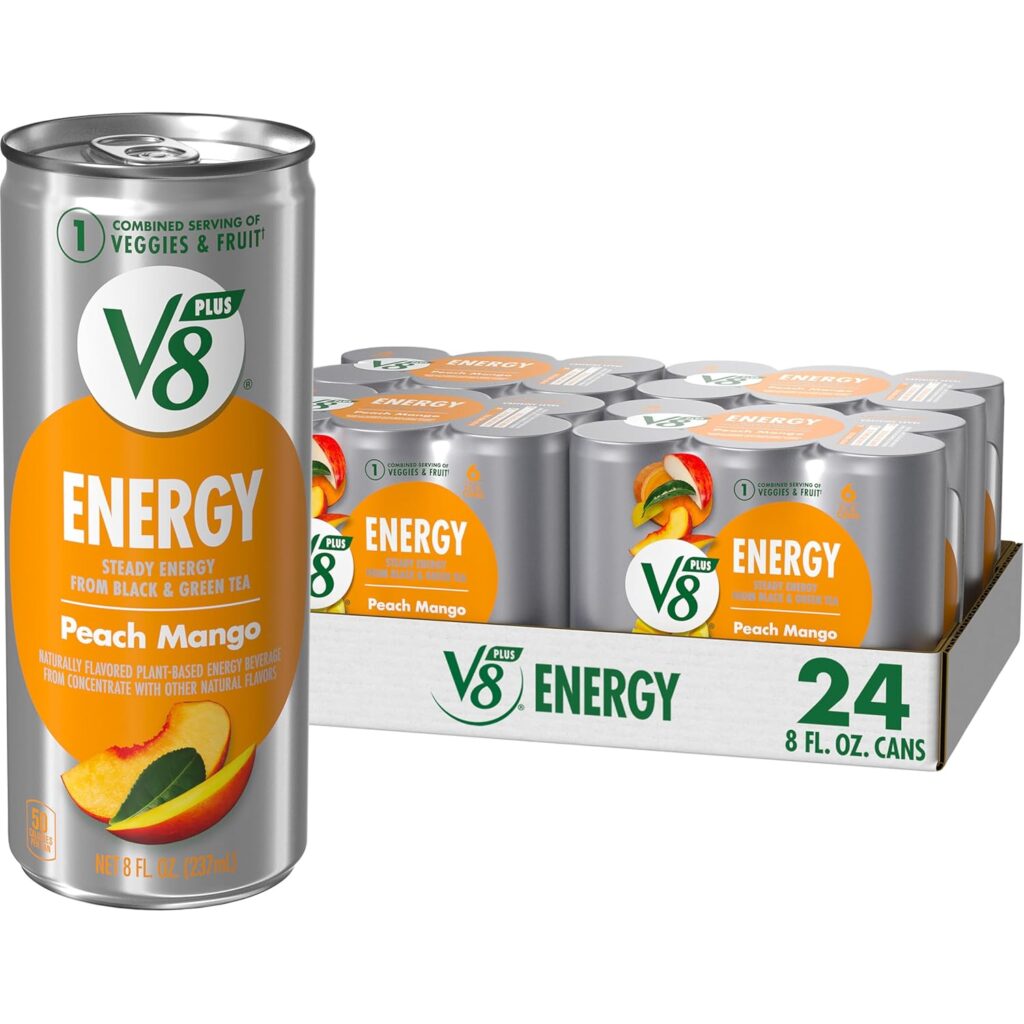
- V8 +Energy Drinks: A convenient, low-calorie option for natural caffeine.
Benefits of Nootropics
- Cognitive Enhancement
Nootropics improve specific aspects of brain function, such as memory, focus, and creativity. For instance, Rhodiola Rosea reduces mental fatigue, while Bacopa Monnieri enhances memory retention. - Stress Reduction
Some nootropics, like Ashwagandha and L-Theanine, are adaptogens that help your body manage stress. They promote relaxation without causing drowsiness. - Neuroprotection
Nootropics protect brain cells from oxidative damage and may slow cognitive decline associated with aging. - Customizable Effects
You can combine (or “stack”) different nootropics to target your specific needs, such as boosting energy, improving memory, or enhancing mood.
Benefits of Caffeine
- Immediate Energy Boost
Caffeine provides a quick and noticeable surge of energy, making it ideal for short-term tasks or combating drowsiness. - Enhanced Focus
By increasing dopamine levels, caffeine sharpens focus and concentration, making it a favorite among students and professionals. - Improved Physical Performance
Caffeine stimulates the central nervous system, boosting endurance and strength during workouts. - Widely Available
Caffeine is accessible and affordable, with options ranging from coffee to pre-packaged energy supplements.
Nootropics vs. Caffeine: Key Differences
Duration of Effects
- Nootropics: Effects vary depending on the compound, but many provide sustained cognitive benefits over time. For instance, Bacopa Monnieri requires weeks of use to show noticeable improvements in memory.
- Caffeine: Works almost immediately but wears off within a few hours, often followed by a “crash.”
Side Effects
- Nootropics: Generally well-tolerated, especially natural options. Synthetic nootropics may cause side effects like headaches, nausea, or anxiety if misused.
- Caffeine: Can lead to jitters, anxiety, and dependency with excessive use. High doses may also cause sleep disturbances and increased heart rate.
Targeted vs. General Effects
- Nootropics: Tailored for specific goals, such as memory enhancement or stress reduction. You can choose nootropics based on your unique cognitive needs.
- Caffeine: Primarily offers energy and alertness without addressing other cognitive functions like memory or mood.
Dependency
- Nootropics: Most natural nootropics have a low risk of dependency.
- Caffeine: Habit-forming, and regular use can lead to tolerance, requiring higher doses for the same effect.
When to Choose Nootropics
You should consider nootropics if:
- You Need Long-Term Cognitive Benefits
Nootropics like Lion’s Mane and Bacopa Monnieri promote brain health over time, making them ideal for individuals looking to enhance memory and reduce cognitive decline. - You Want to Reduce Stress
Nootropics like Ashwagandha and Rhodiola Rosea help combat stress and improve focus in high-pressure situations. - You’re Seeking Natural Options
Natural nootropics derived from herbs and plants are safe, effective, and often come with additional health benefits. - You Want to Avoid Jitters
If you’re sensitive to caffeine’s side effects, nootropics offer a smoother experience without the crash.
When to Choose Caffeine
Caffeine may be your best choice if:
- You Need Immediate Results
For a quick energy boost to power through a late night or workout, caffeine is unmatched. - You Have a High Workload
Caffeine can help you maintain focus and productivity during long hours of work or study. - You Enjoy Rituals
Drinking coffee or tea is as much about the experience as it is about the benefits, providing a moment of comfort and routine. - You’re on a Budget
Caffeine products are widely available and affordable, making them an accessible option.
Can You Combine Nootropics and Caffeine?
Yes, combining nootropics and caffeine can enhance their benefits while reducing potential drawbacks. For example:
- Pairing caffeine with L-Theanine smooths out caffeine’s jitters, providing calm, focused energy.
- Using caffeine with Rhodiola Rosea can extend energy levels and improve focus without a crash.
Recommended Product
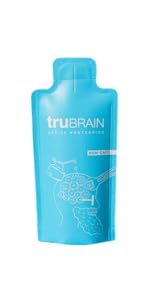
- Nootropic Energy Shots by TruBrain (Available on Amazon): Combines caffeine with nootropics like L-Theanine and Alpha-GPC for sustained focus and energy.
Potential Risks and Safety Tips
Nootropics
- Consult a healthcare professional before starting nootropics, especially synthetic options.
- Stick to recommended doses and research each nootropic thoroughly.
Caffeine
- Limit daily intake to 400 mg (roughly 4 cups of coffee) to avoid side effects.
- Avoid caffeine late in the day to prevent sleep disruption.
Final Thoughts: Which Is Better?
The answer to whether nootropics or caffeine is better depends on your individual goals and lifestyle. If you’re looking for long-term cognitive enhancement, stress relief, or a natural approach, nootropics are the superior choice. On the other hand, if you need a quick energy boost or focus enhancer, caffeine is the clear winner.
Ultimately, both nootropics and caffeine can play a role in improving your mental performance. By understanding their differences and potential benefits, you can choose the option—or combination—that best suits your needs.